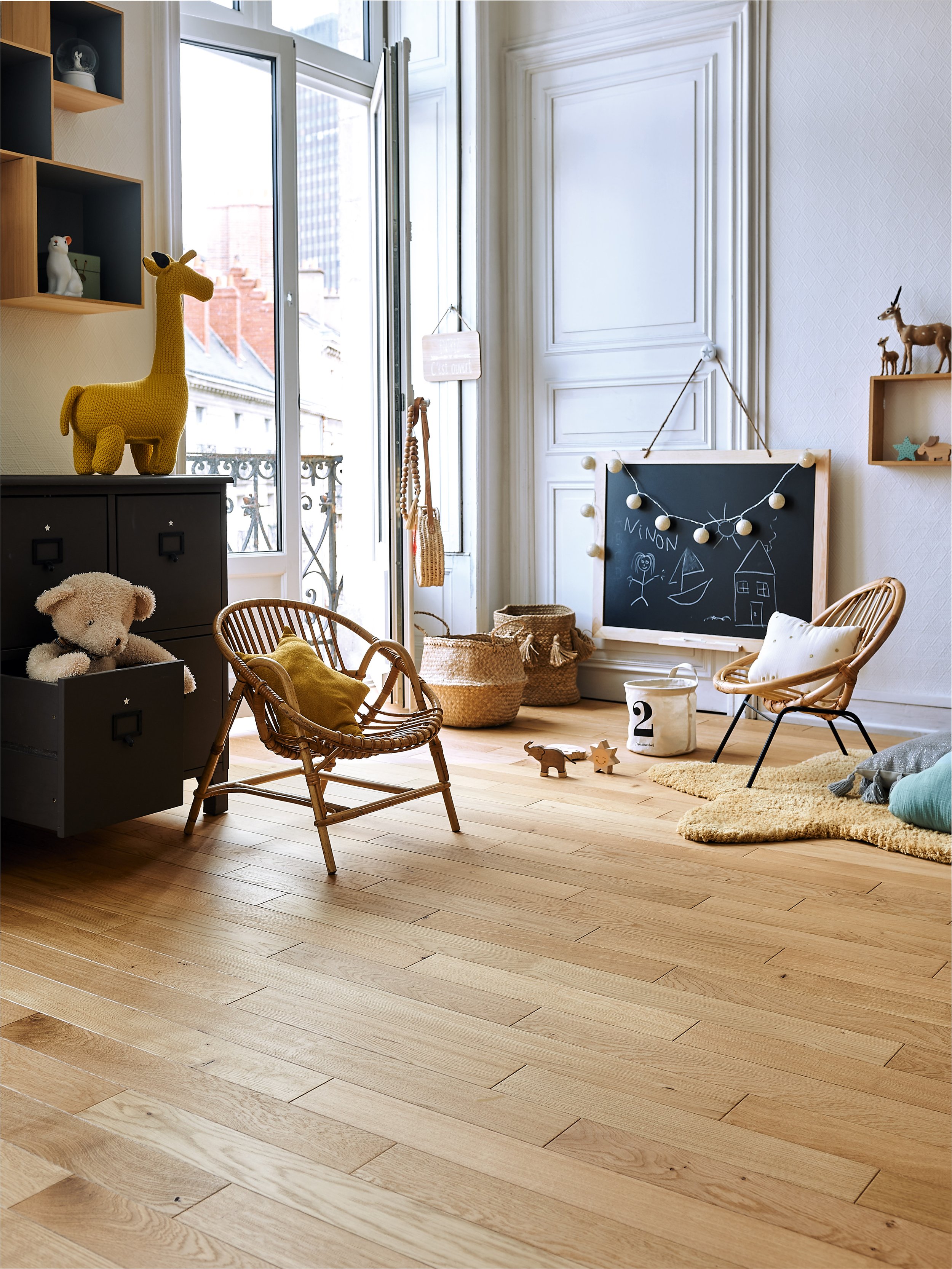Are wood floors expensive?
Wood flooring has long been a popular choice for homeowners due to its timeless aesthetic appeal and durability. However, when considering whether wood flooring is an economical choice, several factors must be taken into account. Let us evaluate the aspects that determine the economic viability of wood flooring.
Initial Cost
When compared to other flooring options, the initial cost of wood flooring tends to be higher. However, it is crucial to consider the long-term perspective before dismissing wood flooring as an uneconomical choice based solely on its initial cost.
Durability and Longevity
One of the key factors that make wood flooring an economically sound choice is its durability and longevity. Properly maintained wood floors can last for decades, outlasting many other flooring options. This longevity reduces the need for replacement, ultimately resulting in significant cost savings over time.
Furthermore, wood floors can withstand heavy foot traffic, making them ideal for high-traffic areas like hallways or living spaces. This durability minimises the need for repairs or replacements and further contributes to the long-term economic benefits of wood flooring.
Maintenance and Upkeep
Wood flooring requires regular care and attention, including proper cleaning, occasionally refinishing, and protecting it from moisture. While these maintenance activities require some investment of time, they will help preserve the appearance and lifespan of your flooring.
With regular care, wood flooring can maintain its beauty and durability for many years, minimising the need for costly interventions.
Energy Efficiency
Another factor to consider when evaluating the economic value of wood flooring is its energy efficiency. Wood has natural insulating properties, meaning it can help reduce energy consumption and associated costs. Wood flooring can retain heat during colder months and keep cool air in during warmer months, reducing the need for excessive heating or air conditioning. Over time, these energy savings can contribute to cost-effectiveness and make wood flooring a more economical choice.
Resale Value
Lastly, it is worth noting that wood flooring is often considered a desirable feature by potential homebuyers and can significantly enhance the resale value of a property. This added value can offset the initial investment made in wood flooring, making it a financially advantageous choice in the long run.
While wood flooring may have a higher initial cost, its durability, longevity, and energy-efficient properties make it a cost-effective choice in the long term. Proper maintenance, combined with the added resale value it brings, further contribute to the economic viability of wood flooring. Therefore, when considering flooring options, it is worth seriously considering wood as an economical and worthwhile investment.

